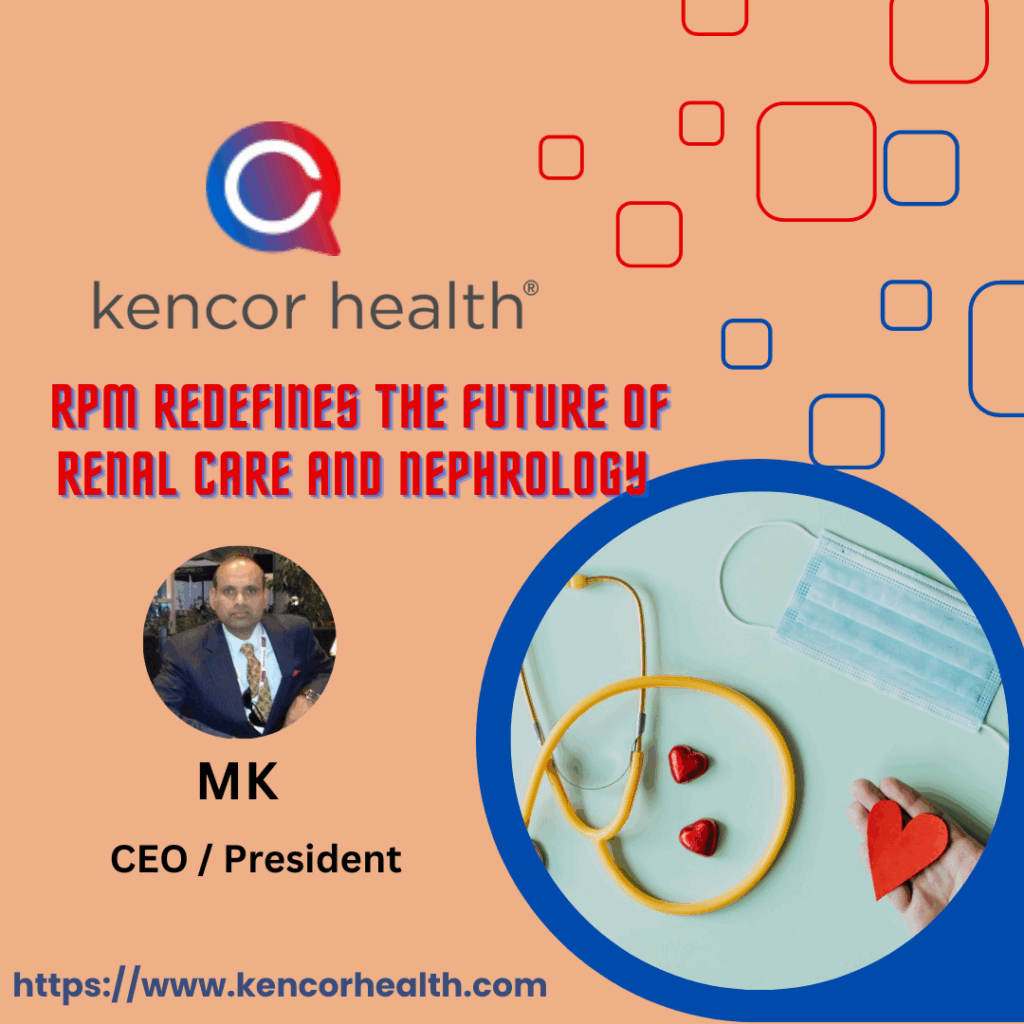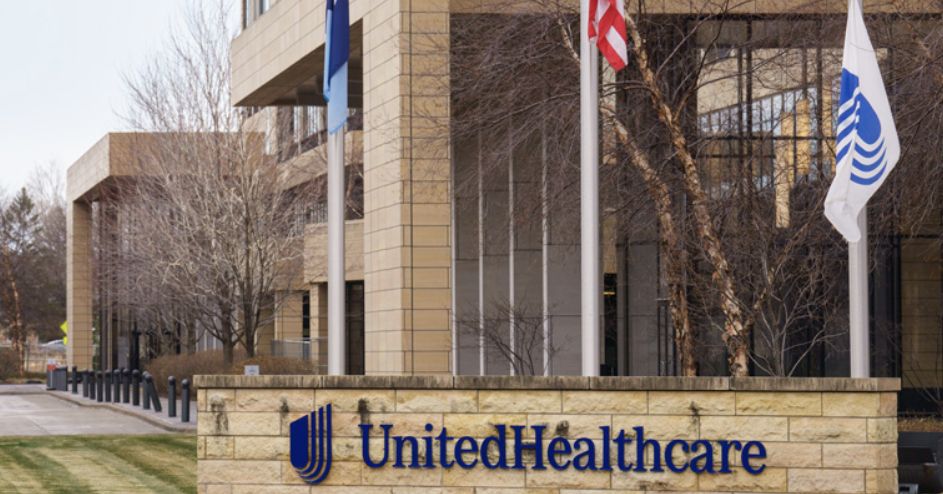
Chronic Kidney Disease in the United States
Kidney disease is a pressing concern for many healthcare communities, with good reason. In the United States alone, 1 in 7 adults are expected to experience chronic kidney disease (CKD), a condition in which kidneys fail to function well, resulting in their inability to effectively filter blood. Other illnesses emerge from under treated and untreated CKD, like high blood pressure, strokes, heart disease, and premature death.
Staggeringly, 9 in 10 adults are unaware they live with CKD, and severe CKD is left undiagnosed for 2 in 5 adults in the US. The CDC acknowledges that by managing risk factors CKD can be treated and even prevented altogether.
At Kencor, we know this can be achieved by rethinking how we monitor renal health and provide timely renal care.
Remote Patient Monitoring for Nephrology
Our team redefines the possibilities for delivering renal care to patients. We are actively fighting against CKD and its adverse effects by applying patient-first approaches to our healthcare solutions for nephrology. Our Remote Patient Monitoring (RPM) technology nurtures nephrologist-patient relationships because they are built to help patients tell their individual health stories with clarity and consistency.
Keeping track of your health can be hard, but small details can help illuminate what’s really going on with your body. Critical for combatting CKD is having access to vital but often unobvious details about a patient’s health journey.
SAMi™, our unique remote patient monitoring solution, learns about a patient and acts as an advocate for their renal health. With the help of Kencor’s vital monitoring kit, patients are empowered by the ability to routinely follow their own blood pressure, heart rate, oxygen saturation, respiratory rate, and body weight.
With this information, nephrologists can help those with diabetes, heart disease and high blood pressure better-manage their conditions which otherwise puts them at greater risk of CKD if unmonitored.
Through SAMi™, patients can easily paint a picture of their renal health for their nephrologists to act on, if necessary. Patients who can learn about all the intricate details of their health experiences are at a lesser risk of CKD and its complications. Educating people about their health is the first step to a real
patient-centered approach to healthcare. SAMi™ helps facilitate this learning – especially for patient communities who find it harder to communicate with their doctors, like the elderly.
Studies have shown that geriatric patients encounter challenges in communicating with their teams because of sensory deficits, cognitive impairment, and functional limitations. Being unable to explain a health condition is an undignified feeling and injures a patient’s ability to advocate for and access the care they deserve.
Our solutions are designed with this in mind, especially because at Kencor Health we know that our elderly communities have a 38% higher risk of CKD than other adults in the US. SAMi™ helps all patients enhance how and when they communicate with their nephrologists to ultimately enable early interventions.
RPM and Rapid Action
Assisted by SAMi™, renal care teams can execute fast and individualized interventions that are important for preventing CKD or worsening CKD. Preventing illness or worsening illness saves our healthcare communities tons of time and money. It is now well known that a “powerful driver of value in health care is that better outcomes often go hand in hand with lower total care cycle costs.”
RPM like SAMi™ has the potential to save our US healthcare system billions of dollars annually.
This proved to be particularly necessary during the COVID19 pandemic because healthcare systems across the world were over extended and exhausted. Care teams found themselves overwhelmed and burned out, while healthcare budgets faced damaging deficits.
A study done in 2020 determined that RPM significantly reduced the risk of hospitalization in patients with severe CKD, needing peritoneal dialysis. Through RPM, patients with CKD are relieved of the high costs of time and money that are inevitable with hospitalization. Research now shows that this significantly increases a CKD patient’s overall quality of care and life. Not burdened by these sometimes-staggering costs, CKD patients are empowered to better engage in their renal care which frequently leads to better clinical outcomes.
RPM Recognizes People as Patients, not the other way around
Our team at Kencor Health honors this holistic approach to patient centered care. Health conditions and experiences extend beyond the hospital – they impact the livelihoods of real people. Treatment for worsened CKD, for example, can consume hours of someone’s day. Their entire lives can become defined by their illness.
Our RPM solution is inspired by an appreciation that patients are people first. Their care must reflect this appreciation. Through around-the-clock care SAMi™ is able to reduce the extent to which patients frequent the hospital and a nephrologist’s office, all while reducing the psychological, social, and financial toll brought on by potential complications of CKD. At Kencor Health, our RPM solution does so without compromising on care. RPM tools like SAMi™ will redefine the possibilities for nephrology by emphasizing the care in “renal care.”







